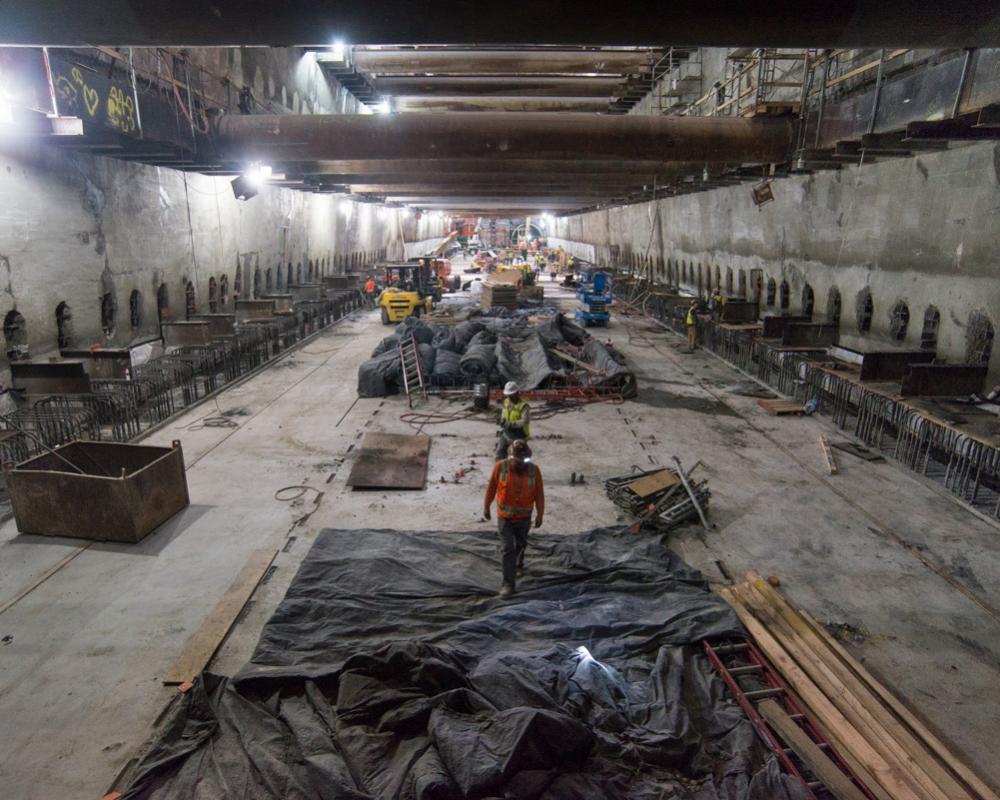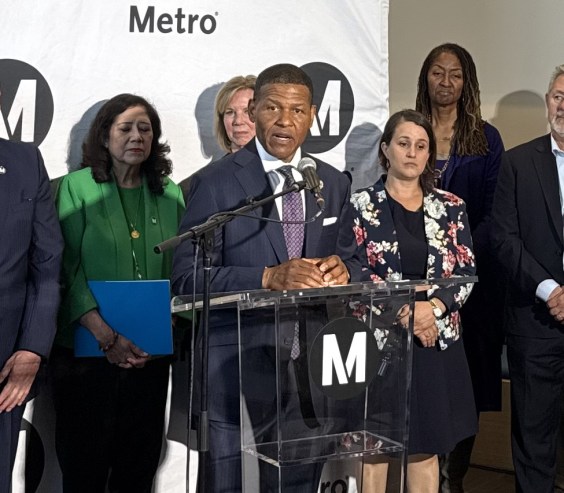Somewhere amid the budget drama of the last several weeks, a peak oil and natural gas report (PDF) Supervisor Ross Mirkarimi called "a really big deal" got lost in the shuffle. So, when the Peak Oil Preparedness Task Force showed up before the Board of Supervisors Government Audit and Oversight Committee today, neither the committee's members nor the public were quite ready.
The report itself, which is already available online, is hard-hitting,
bold, and important enough that Mirkarimi planned to reschedule a
proper public hearing for August or September.
 Energy use by source in San Francisco. Image: Peak Oil Preparedness Task Force report
Energy use by source in San Francisco. Image: Peak Oil Preparedness Task Force reportPeak oil and peak natural gas are "not as much science fiction as people think," said Mirkarimi, who, along with his fellow committee members, Supervisors Eric Mar and Sophie Maxwell, originally called for the formation of the task force in order to complete the report.
Jeanne-Marie Rosenmeier, the chair, hoped the public will come ready to discuss the full presentation. "Because it's 125 pages long, it's hard to ask people to read that big a report," said Rosenmeier. "But I think it has a lot of good data in it that tells us something about how San Francisco uses energy, and it casts a real light on what our options are going forward, not just for peak oil but also in terms of climate change. I think everybody should read it and take notes and come with questions and comments."
 Image: Peak Oil Preparedness Task Force report.
Image: Peak Oil Preparedness Task Force report.The report is broken into seven sections: economy, energy, food, architecture and buildings, infrastructure, societal functioning, and transportation. The latter category, transportation, is particularly important to the report, since automobile use accounts for 45 percent of total energy use in San Francisco.
It offers a stiff set of recommendations for reducing transportation-related energy use: converting to electrical vehicles alone, it says, won't make much of a dent.
Citing a recent study, the report notes that, "given current capacity, California's electric grid would be unable to handle the conversion of more than 15 percent of the current automobile stock to electric vehicles."
While "it is tempting to believe that, because these alternatives would be similar to current transportation patterns, the City should focus on encouraging residents to switch from one sort of auto to another more sustainable type," the report says, "This would be a mistake and would send a mixed message. Hybrid vehicles lessen, but do not eliminate the need, for fossil fuels. Even hybrids that manage to get 50 to 60 miles per gallon will be costly to fuel if the price of gasoline rises to $8, $10, or $15 per gallon (or beyond)."
First among the report's transportation recommendations is to "fund the expansion of Muni's capacity and routes ahead of an expected demand surge." Sustainable development advocates will also be pleased to see "smart land-use planning" high up on the list, as well as encouragement of bicycling and severe limits on the construction of new parking spots.
Rosenmeier was confident the report, or at least its subject matter, would catch people's attention. "The good thing about peak oil is that it's not optional," said Rosenmeier. In contrast to climate change, Rosenmeier said peak oil and natural gas will force behavior change in the near term. "When you're talking about something that's going to happen, there's not going to be enough oil, gas prices will be six dollars a gallon, ten dollars a gallon, when you talk about that, then it changes your perspective a little bit," said Rosenmeier. "So, it's not optional, it's gonna happen."
Check out the full report as a PDF, including the complete set of transportation recommendations. We'll have a further preview once the final date for the special hearing is set.




